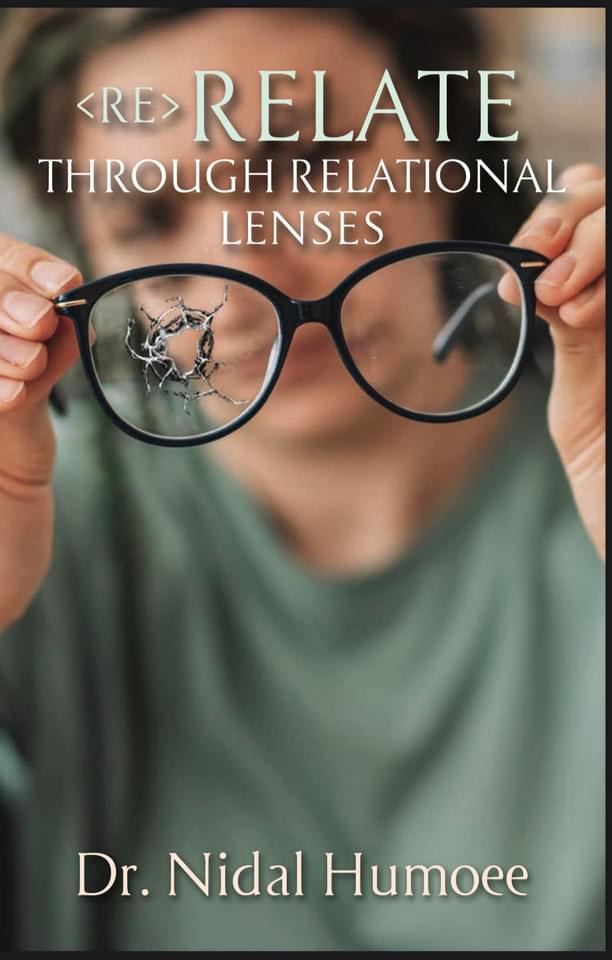 Love flows between distinct partners, with each owning their responsibilities. Others who relate through the distinctness lens respect our refusals and value our courage to be truthful. They comprehend that when we use our no, we aim to safeguard our hearts.
Love flows between distinct partners, with each owning their responsibilities. Others who relate through the distinctness lens respect our refusals and value our courage to be truthful. They comprehend that when we use our no, we aim to safeguard our hearts.
When we are toddlers exploring our boundaries if our parents withdraw their love in response to our no, we feel terrorized. Fearing we might lose, we avoid saying no and comply to secure love. This is the birth of the compliance lens.
The scripture emphasizes speaking the truth to each other, so we and others mature in Christ. Ephesians 4:15Instead, speaking the truth in love, we will grow to become in every respect the mature body of Him who is the head, that is, Christ.” In relating through the compliance lens, we conceal the truth about our disagreements and do not express our differences. We fear that saying no to others will displease others and cost us the loss of their love.
Saying no is necessary to guard our hearts. Proverbs 4:23 “ above all, guard your heart for everything you do flows from it.” Through the compliance lens, we begrudgingly own the results of others’ irresponsible actions. The additional emotional toll drowns us in depression and resentment.
On a deeper level, our compliance stems from failing to form a solid identity. With our identity seat vacant, we embrace false identities. We crown others as role models and accept their beliefs and attitudes. The apostle Paul warned the Corinthians about. 1 Corinthians 15:33 “do not be misled: bad company corrupts good character.”
Without an identity, we don’t uncover our treasures and envy others for their talents. We waste energy and time watching others and wishing to live their life. We need to sharpen our identity and, in the process, unearth our talents. Proverb 27, 17 “as iron sharpens iron, so one person sharpens another.” We lean on the Holy Spirit and the trustworthy saints for truth and wisdom that help the sharpening.
Once we discover our talents, we want to nurture them with time, money, and resources. Growing our talents is the journey of thankfulness to God and not a competition with others.
Another adverse effect of lacking a distinct identity is that we don’t recognize the jurisdiction of power and responsibility. As a result, We relate to others through the devaluation lens.
Through the devaluation lens, we violate others’ freedom and coerce them into owning our responsibilities. We act irresponsibly and expect others to take the fall. When they decline ( rightfully so!), we resort to threats and maybe violence. If they comply, We fuse with them, dreaming they will be our ticket to maturity. The illusion invariably fails because responsibility and growth cannot be outsourced.
The devaluation lens may take more subtle patterns, like luring others to do our bidding or sulking, to force them to read our minds. The Scripture asks us to speak the truth in love to one another Ephesians 4:15.
Some assume that truthfulness will harm others. Our motive behind speaking the truth is to invite them to responsibility, not harming them. We want to be kind and honor others before disclosing, but we are not responsible for their responses.
The Holy Spirit relates to us in freedom and distinctness. He doesn’t do what we are responsible for doing, nor does He rescue us from the consequences of our choices. He loves and admonishes us to grow, so he delegated us as Christ’s ambassadors; 2 Corinthians 5:20 “I am an ambassador of Christ.” Patience is one of the fruits of the spirit; we shouldn’t wait with the false expectation that He will do our part.
As a young Christian, I was taught to sacrifice my life for others. The teaching was based on Luke 14:27, “and whoever does not carry the cross, and follow me, cannot be my disciple.” Nonetheless, I now have my take on that teaching;
I believe Jesus implores us to carry the cross and follow his lead in submission to the father. I don’t consider carrying the cross equivalent to sacrificing my life on behalf of others. Jesus sacrificed Himself knowing that His assignment was to be the holy propitiation for our sins. He owned His part in the father’s divine plan of redemption. Similarly, we want to receive from the Holy Spirit our assignment before jumping to sacrifice ourselves on behalf of others. I believe we are more helpful to God when we are alive, at least to a point!







